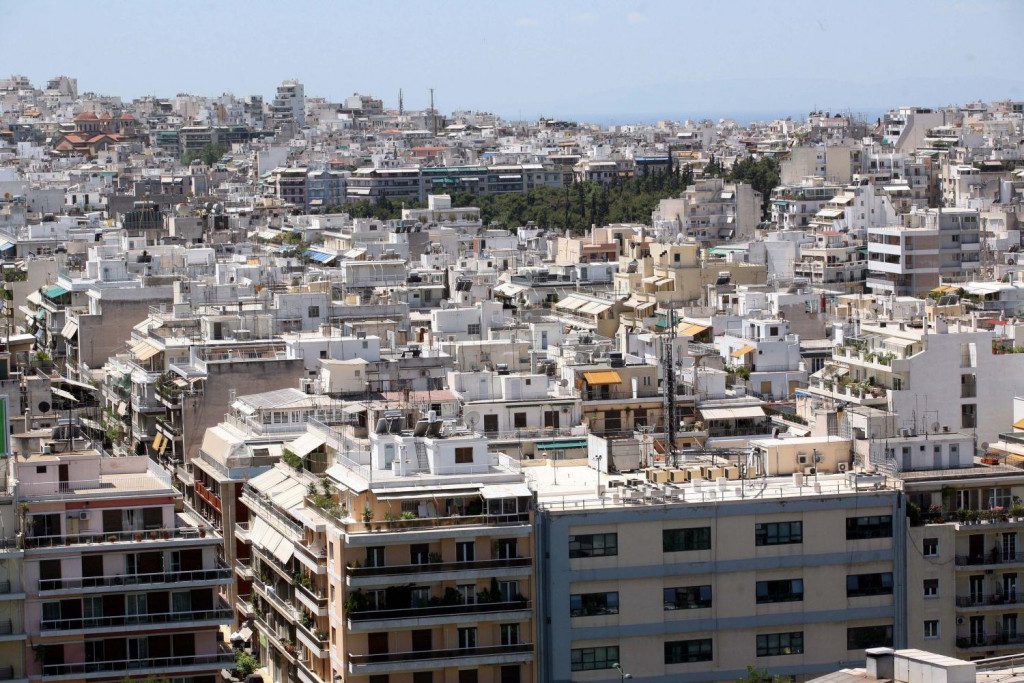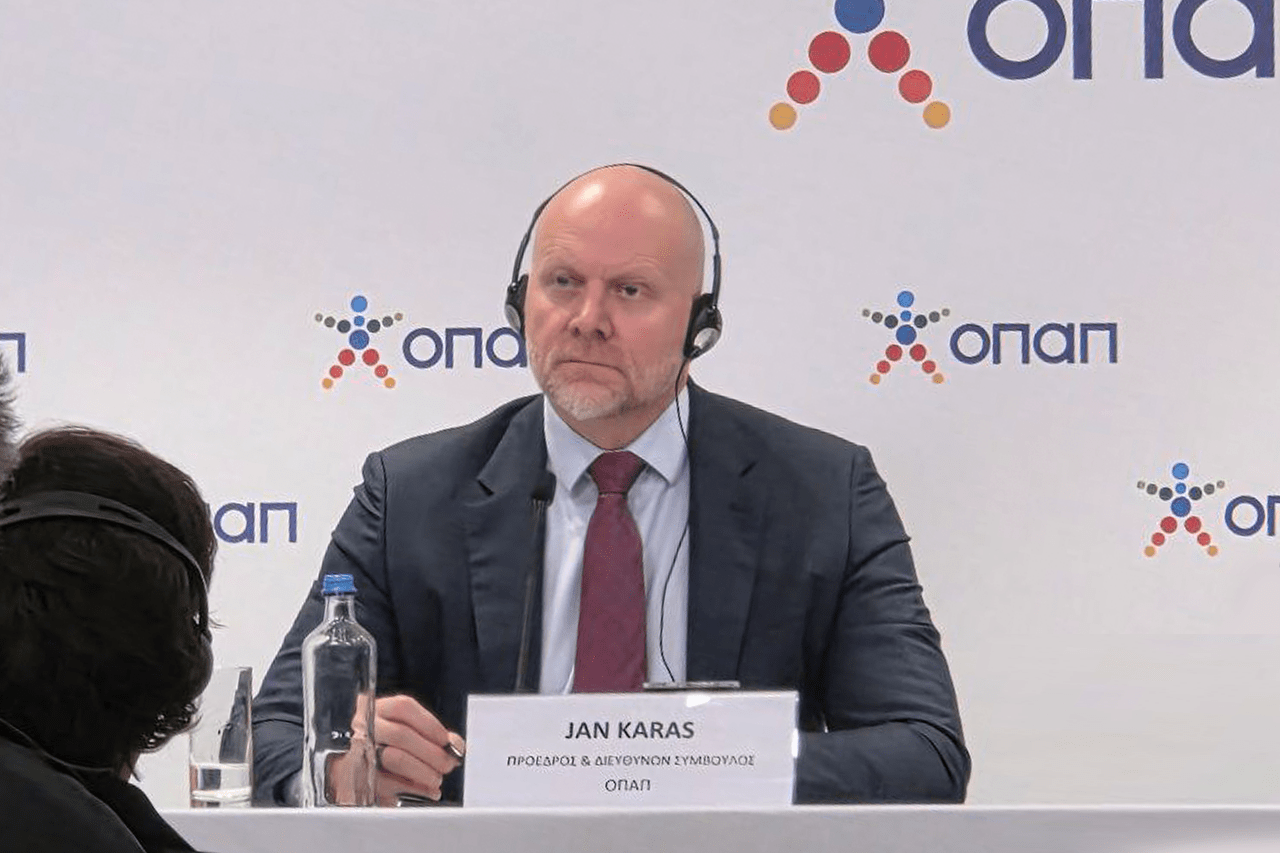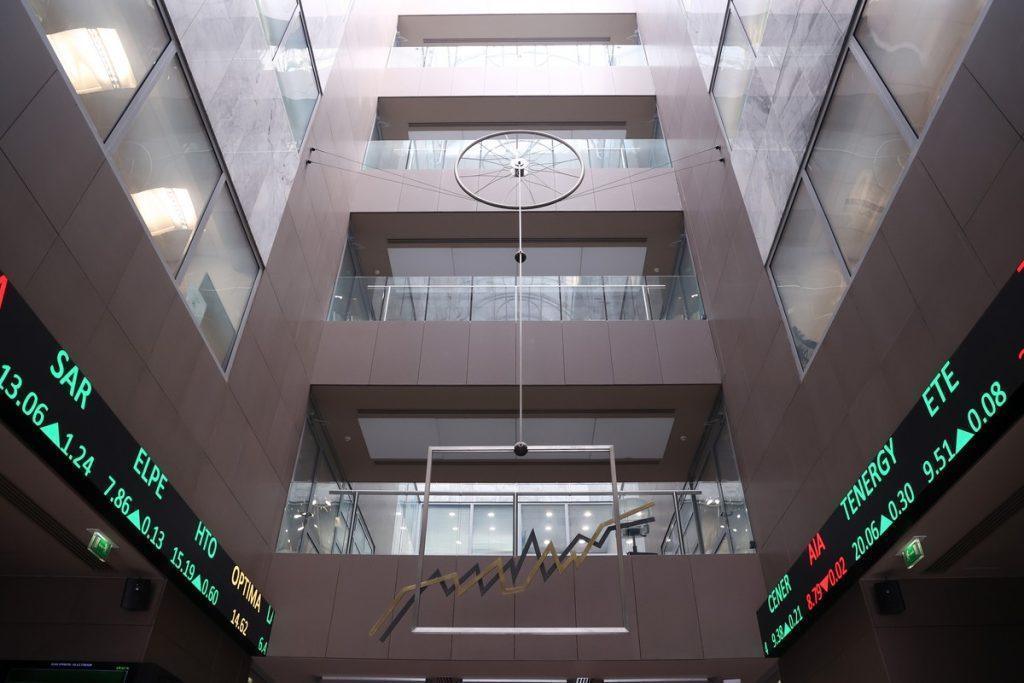Homeownership is increasingly becoming unattainable for the vast majority of young people in Greece. This is a key finding in a recent Eurostat study that highlights the challenges today’s youth face in becoming independent due to the high cost of housing compared to their wages.
According to the study, young Greeks leave their parental homes after the age of 30, while the average across the European Union is 26. The average age for Greeks to move out is 30.7, with more young adults between 18 and 34 living with their parents compared to their European peers.
In 2023, young people across the EU left their parents’ homes at an average age of 26.3, slightly down from 26.4 in 2022, with Greece ranking among the countries with the highest ages for moving out, alongside Croatia (31.8 years), Slovakia (31), Spain (30.4), Bulgaria, and Italy (both at 30).
Moreover, in Greece, the percentage of young people aged 15-29 living in overcrowded households reached 46% in 2023, compared to 27.5% for the general population. “Overcrowded” is defined as a household that lacks the minimum number of rooms needed based on its members.
In the EU, this figure does not exceed 26%, with 16.8% of the total population living in overcrowded households.
The largest discrepancies between young people and the overall population living in overcrowded homes were found in Bulgaria (+20.4 percentage points), Romania (+19.4 points), and Greece (+18.5 points).
In Greece, owning a home is increasingly considered an unattainable goal for young people. Compared to two decades ago, the difficulty of finding housing has risen dramatically, with homeownership rates in Greece plummeting since 2005.
Low wages, insecurity, economic crises, and rising prices are some of the main reasons why the once-common dream of homeownership has become a near-myth for Greeks.
Source: tovima.com









































